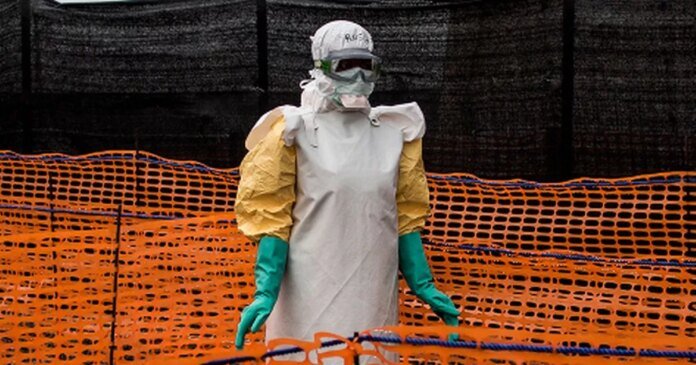A devastating Ebola outbreak in the Democratic Republic of the Congo has raised alarms among World Health Organization (WHO) officials. Concerns have surfaced regarding the potential escalation of the situation into a widespread pandemic.
Ebola, a rare yet severe infection, poses a significant risk to human health, often resulting in fatalities. Patients typically exhibit symptoms such as skin and eye discoloration, along with bleeding from various bodily openings within 2 to 21 days of contracting the virus.
As of September 4, the WHO documented 28 suspected Ebola cases and 15 deaths in Kasai Province, with four casualties being healthcare workers. The death toll is anticipated to climb, given the challenges in accessing the affected region and ensuring adequate medical resources and communication.
Speculations have emerged about the likelihood of this outbreak evolving into a global crisis akin to the COVID-19 pandemic. However, Dr. Michael Head, a global health researcher at the University of Southampton, expressed that the spread of Ebola beyond Africa is improbable, with potential isolated cases due to travel.
The transmission of Ebola primarily occurs through direct contact with infected animals, particularly fruit bats, the suspected natural carriers of the virus. Unlike COVID-19, which spreads through airborne droplets, Ebola necessitates close contact with bodily fluids for transmission.
Dr. Head emphasized the distinct transmission modes of Ebola and highlighted the importance of preparedness against potential pandemics. While Ebola poses a serious threat, the availability of a vaccine and past successful containment efforts provide a level of readiness to address any emerging cases.
Dr. Laura Geige, a medical expert, reassured that the current Ebola outbreak in the DRC, originating from animal-to-human transmission, is not indicative of a global crisis. Enhanced containment measures and swift responses demonstrate the progress in managing such outbreaks and supporting healthcare workers on the frontline.
Past Ebola occurrences in the DRC, including the recent outbreak in Equateur province in 2022, underscore the country’s history of combating the virus. Despite the seriousness of Ebola, effective protocols and international assistance can aid in controlling outbreaks, emphasizing the need to empower healthcare workers in the ongoing response efforts.

